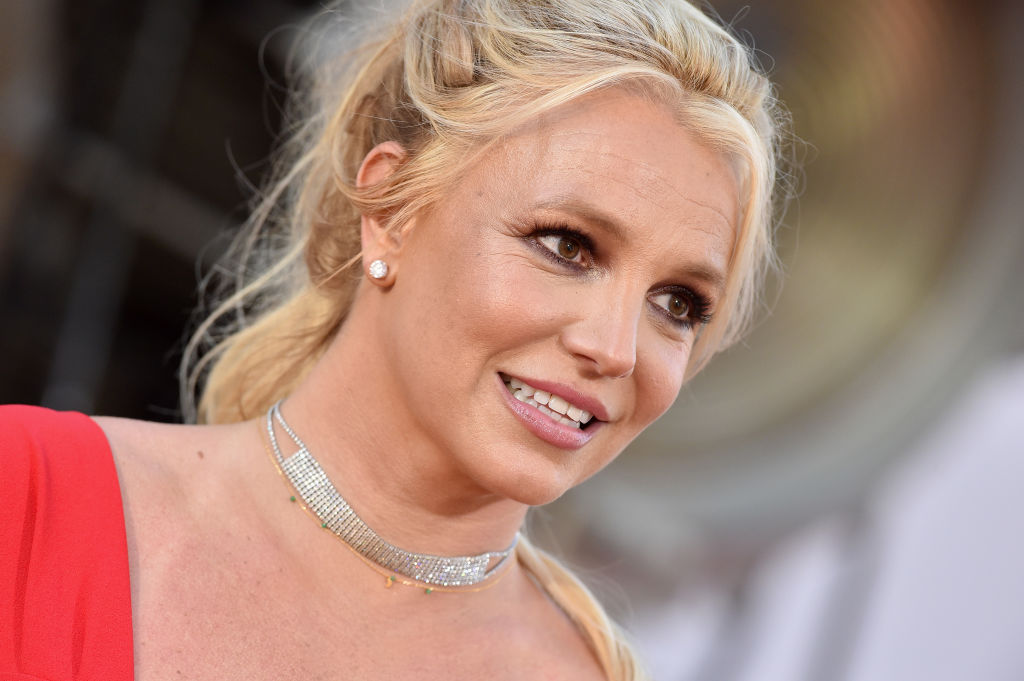
Watching people chant “Free Britney!” in the streets was “the most amazing thing I’d ever seen in my life,” Britney Spears writes in highly-anticipated memoir, The Woman in Me.
“I don’t think people knew how much the #FreeBritney movement meant to me,” she writes in the book, a copy of which was reviewed by TIME ahead of its Oct. 24 release. “Especially in the beginning.”
The Free Britney movement first arose over a decade ago, when a group of fans grew increasingly concerned about Spears’ legal guardianship contract. From 2008 to 2021, Spears’ finances and bodily autonomy were controlled by her father, Jamie Spears, and a lawyer.
#FreeBritney gained traction in 2020, when the movement snowballed on social media and drew global media attention. In 2021, the New York Times documentary Framing Britney Spears further highlighted issues with Spears’ conservatorship.
More From TIME
Read More: What Britney Spears Reveals About Her Conservatorship in The Woman in Me
In The Woman in Me, Spears writes that she first became aware of the movement in 2018 while in a Beverly Hills rehabilitation center, to which her father had pressured her to go. If she didn’t, he said, she would have to go to court. He threatened to make her look like an idiot.
“The doctors took me away from my kids and my dogs and my house,” Spears writes. “I couldn’t go outside. I couldn’t drive a car. I had to give blood weekly. I couldn’t take a bath in private. I couldn’t shut the door to my room. I was watched, even when I was changing.”
Then a nurse—“the only one who was real as hell”—showed her a video of women on a talk show discussing the conservatorship. One of them was wearing a #FreeBritney T-shirt. Then more clips: fans trying to figure out if Spears was being held against her will.
“I think my connection to my fans helped them subconsciously know that I was in danger,” she writes. “Fans of mine—even though I hadn’t said anything online or in the press about being confined—they just seemed to know.”
Spears knew that some people didn’t take the movement seriously, questioning the importance of a cause surrounding a celebrity. But she was being held against her will. To her, it was a matter of life or death.
“Everyone who spoke out for me helped me survive that hard year, and the work they did helped me win my freedom,” she writes. “Toward the end, when the court hearings were going on, seeing people advocating for me meant a whole lot. But when it first happened, that got my heart, because I was not okay, not at all.”
Three years later, Spears would make her first public statement about the conservatorship in court, condemning its abuse. Five months after that, a judge would formally terminate the conservatorship.
When her father was removed as her conservator, “I felt relief sweep over me,” she writes. “The man who had scared me as a child and ruled over me as an adult, who had done more than anyone to undermine my self-confidence, was no longer in control of my life.”
More Must-Reads From TIME
- The 100 Most Influential People of 2024
- How Far Trump Would Go
- Scenes From Pro-Palestinian Encampments Across U.S. Universities
- Saving Seconds Is Better Than Hours
- Why Your Breakfast Should Start with a Vegetable
- 6 Compliments That Land Every Time
- Welcome to the Golden Age of Ryan Gosling
- Want Weekly Recs on What to Watch, Read, and More? Sign Up for Worth Your Time
Contact us at letters@time.com